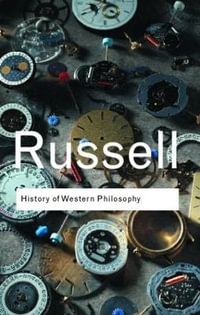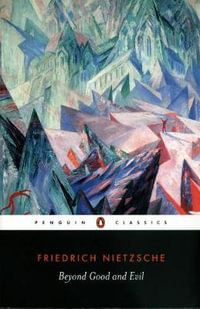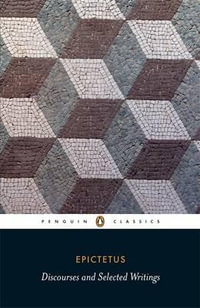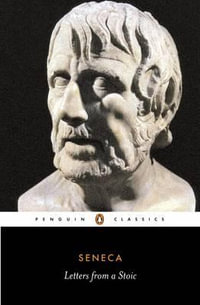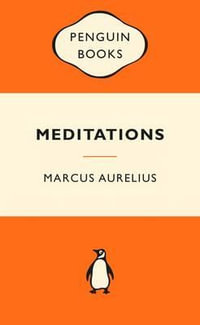| Primary Works Used or Cited | p. xvii |
| Introduction | p. 3 |
| Self-Knowledge and the Rule of Truth | p. 9 |
| Introduction | p. 9 |
| Propositional Awareness and Nonpropositional Awareness | p. 13 |
| Intuitive Knowledge and Certain Knowledge | p. 19 |
| The Method of Clear and Distinct Ideas | p. 23 |
| The First Phase of Descartes's Account of Self-Knowledge: Meditation II | p. 31 |
| The Intuitive Phase of Descartes's Account of Self-Knowledge | p. 39 |
| The Rule of Truth and the Intuitive Cogito | p. 43 |
| Identifying Intuitional Awareness | p. 48 |
| Foundationalism and Privileged Access Revisited | p. 50 |
| Defending Descartes against the Charge of Circularity | p. 52 |
| Truth, Existence, and Ideas | p. 54 |
| Introduction | p. 54 |
| Descartes's Concepts of Truth and Existence | p. 55 |
| Descartes's General Theory of Existential Reasoning | p. 60 |
| The Objective Reality of Ideas: The Basic Picture | p. 61 |
| The Ontological Status of Immutable Essences | p. 64 |
| Descartes's Notion of Eminent Containment: An Epistemic Interpretation | p. 69 |
| The Third Element of Objective Reality: The Form or Content of Perceptions of Objects | p. 73 |
| Ideas as Images: Presentation versus Representation | p. 79 |
| Causes, Existence, and Ideas | p. 82 |
| Introduction | p. 82 |
| Descartes's Causal Principles and the Rule of Truth | p. 84 |
| The Fundamentality Thesis and the Main Causal Argument for the Existence of God in Meditation III | p. 88 |
| The Relation between the Causal Argument and the Ontological Argument | p. 94 |
| The Causal Principle and the Proof of the External World in Meditation VI | p. 96 |
| The Proof of the External World in Principles II, 1 | p. 103 |
| Descartes's Ambivalence toward the Senses | p. 107 |
| Alternative Accounts of Descartes's Notion of Eminent Containment | p. 110 |
| Inadequacy versus Misperception in our Idea of God | p. 111 |
| The Sense Experience of Primary Qualities | p. 113 |
| Some Background | p. 113 |
| The Account of Sense Experience of Primary Qualities in Mature Cartesian Philosophy | p. 116 |
| Descartes's Empirical Theory of the Sense Experience of Primary Qualities | p. 122 |
| Referred Sensations | p. 131 |
| Imaginal Images | p. 135 |
| The Perceptual Representation of Ordinary Objects | p. 139 |
| Descartes's Theory of Natural Signs: The Constitutive versus the Minimalist Interpretation | p. 139 |
| Referral Judgments: What are They? | p. 143 |
| Referral Judgments: Why Do We Make Them? | p. 151 |
| The Theory of Natural Knowledge | p. 156 |
| Introduction | p. 156 |
| The Account of Cognitive Impulse in the Rules for the Direction of the Mind | p. 158 |
| The Mature Theory of Natural Reasons | p. 159 |
| Natural Inclinations and the Proofs of the External World in Meditation VI and Principles II, 1 | p. 168 |
| Dispositions to Affirm Particular Properties of Corporeal Things | p. 173 |
| The Cartesian Circle and the Theory of Natural Knowledge | p. 177 |
| The Janus-faced Theory of Ideas of the Senses | p. 179 |
| Introduction: The Cartesian Regulatory Ideal | p. 179 |
| The Doctrine of the Material Falsity of Ideas of the Senses in Meditation III | p. 180 |
| The Non(re)presentational Property | p. 182 |
| Material Falsity as Mis(re)presentation | p. 184 |
| Descartes's Case against Treating Ordinary Sense Experience as a Form of Concrete Intuitive Awareness of Aristotelian Objects | p. 187 |
| Descartes's Argument that Aristotelian Objects Are Inconceivable (The Causal Argument) | p. 190 |
| The Methodological Corollary and the Mind-Body Problem | p. 194 |
| Material Falsity as Obscurity: Sense (3) | p. 195 |
| From Obscure Ideas of the Senses to Clear and Distinct Ideas of the Senses | p. 198 |
| Epilogue | p. 208 |
| The Cogito: Syllogism or Immediate Inference | p. 223 |
| Notes | p. 227 |
| Bibliography | p. 253 |
| Index | p. 259 |
| Table of Contents provided by Syndetics. All Rights Reserved. |


